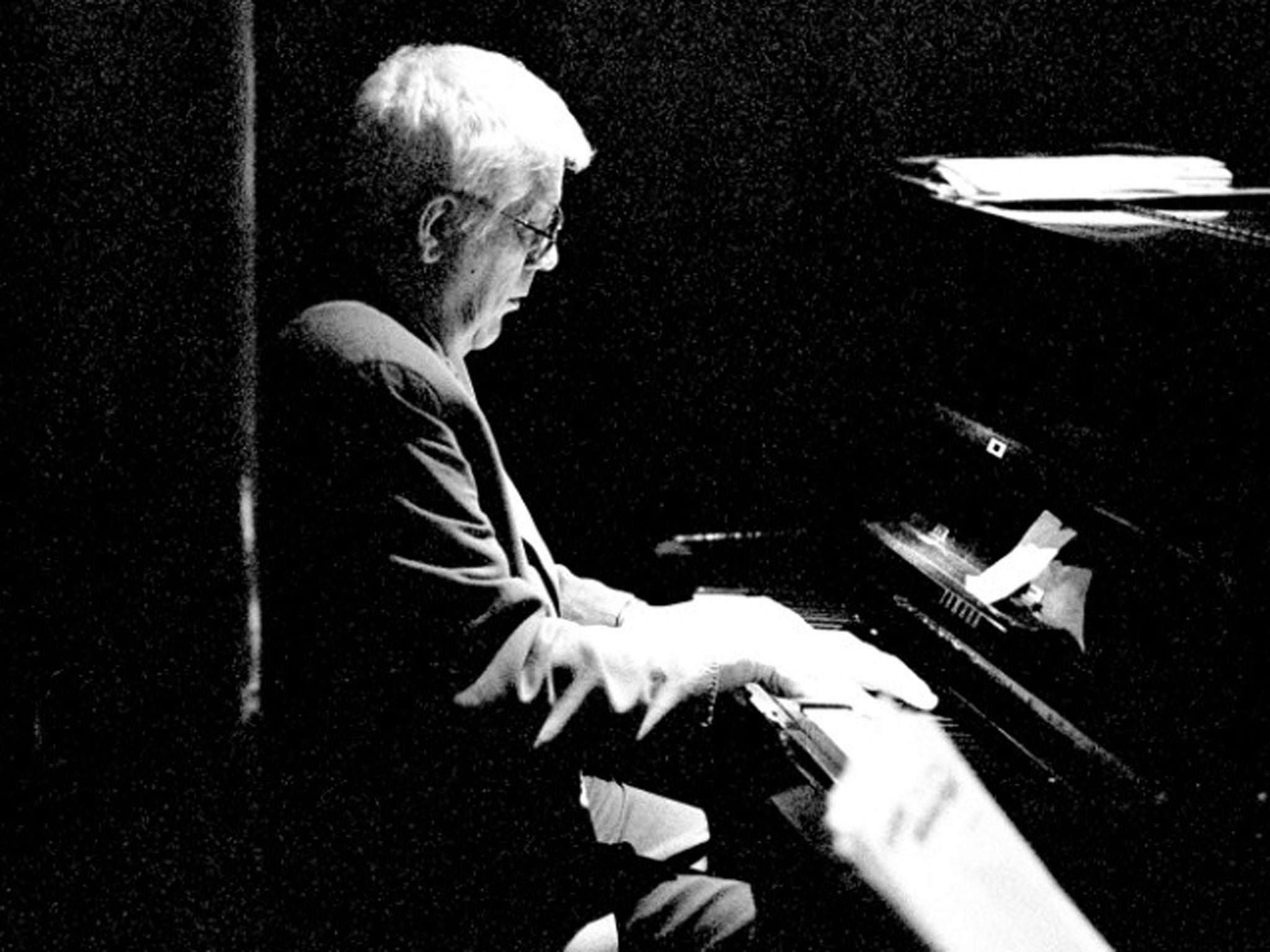Stan Greig: Pianist, drummer and bandleader
His roll call of collaborators was impressive; it included Bilk, Melly, Fawkes and Lyttelton

Your support helps us to tell the story
From reproductive rights to climate change to Big Tech, The Independent is on the ground when the story is developing. Whether it's investigating the financials of Elon Musk's pro-Trump PAC or producing our latest documentary, 'The A Word', which shines a light on the American women fighting for reproductive rights, we know how important it is to parse out the facts from the messaging.
At such a critical moment in US history, we need reporters on the ground. Your donation allows us to keep sending journalists to speak to both sides of the story.
The Independent is trusted by Americans across the entire political spectrum. And unlike many other quality news outlets, we choose not to lock Americans out of our reporting and analysis with paywalls. We believe quality journalism should be available to everyone, paid for by those who can afford it.
Your support makes all the difference.Because his talents were so various, Stan Greig was never out of work. A pianist first, he soon took up the drums as well and, like his father before him, worked as a piano tuner. For 20 years he tuned the instrument at London's 100 Club and also played there regularly in the bands led by Humphrey Lyttelton, Sandy Brown, Acker Bilk and Ken Colyer. He also accompanied the innumerable American musicians who visited the club.
While he was still at school in Edinburgh he played piano in a band with clarinettist Sandy Brown and trumpeter Al Fairweather. When Brown couldn't find a decent drummer Greig thought the best thing to do was to take up drums himself. He did, and until the late 1960s worked mainly as a drummer. From then on the piano was his main instrument.
Moving to London in the summer of 1954, Greig became the drummer in the deeply traditional band led by trumpeter Ken Colyer. Greig's mainstream jazz experience with Brown made him a little lacking in reverence and in 1955 The Record Mirror wrote that Greig was "the weak spot of the band. Despite the invigorating rock of the banjo and bass he just doesn't quite get there." Maybe that was the trestimonial that persuaded Lyttelton to take on Greig as his drummer in the spring of 1955, beginning an association that was to last, on and off, for 40 years.
In 1956 Greig was the drummer on Lyttelton's record "Bad Penny Blues", done informally at the end of a record session to use up spare time and a surprise to everyone when it climbed up the hit parade.
During the Suez Crisis Greig, a Z-class reservist, was called up and sent to Egypt with the Royal Engineers. Eddie Taylor, a more modern player who'd spent years playing for the Johnny Dankworth Seven and the Don Rendell Jazz Six, replaced him.
"We took Eddie Taylor as a substitute," wrote Lyttelton, "and quite by accident the metamorphosis took place in the band's style. When Stan returned I had to make a choice. Both were excellent drummers, both congenial members of the band. It was a hard judgement to make, but in reality the choice was clear. Musically we had embarked upon a new course and had to stick by it."
So Taylor stayed in the band. Greig instead played piano in the Bruce Turner Jump Band before shortly returning to join Brown and Fairweather, whose jointly led band was by now well established in London. In July 1960 Greig began a long stay as the pianist in Acker Bilk's Paramount Jazz Band. Always regarded as an outstanding boogie-woogie and blues player, Grieg eventually left Bilk in 1968 to lead his own trio. He supplemented his jobs by working for clarinettist Dave Shepherd and bassist Johnny Hawksworth in their small groups.
Greig formed the London Jazz Big Band in February 1975 which for over 10 years generated a very high reputation in London, but not elsewhere, since it didn't tour or record.
When George Melly swept to national fame in 1977, Greig joined his accompanying band, John Chilton's Feetwarmers, staying for three years. He then returned to freelancing and toured Europe with the American Harlem Blues and Jazz Band in 1982.
Lyttelton called him back into his band as pianist and Greig stayed there until 1995, when he left to freelance, playing in Finland and Australia before returning to London and playing in the band led by clarinettist Wally Fawkes. An operation on his left hand 10 years ago robbed it of any power at the piano and soon afterwards his career was ended by the onset of Parkinson's Disease.
Stanley Mackay Greig, pianist, drummer and bandleader: born Joppa, Edinburgh 12 August 1930; twice married (one son, two daughters); died Stevenage 17 November 2012
Join our commenting forum
Join thought-provoking conversations, follow other Independent readers and see their replies
Comments